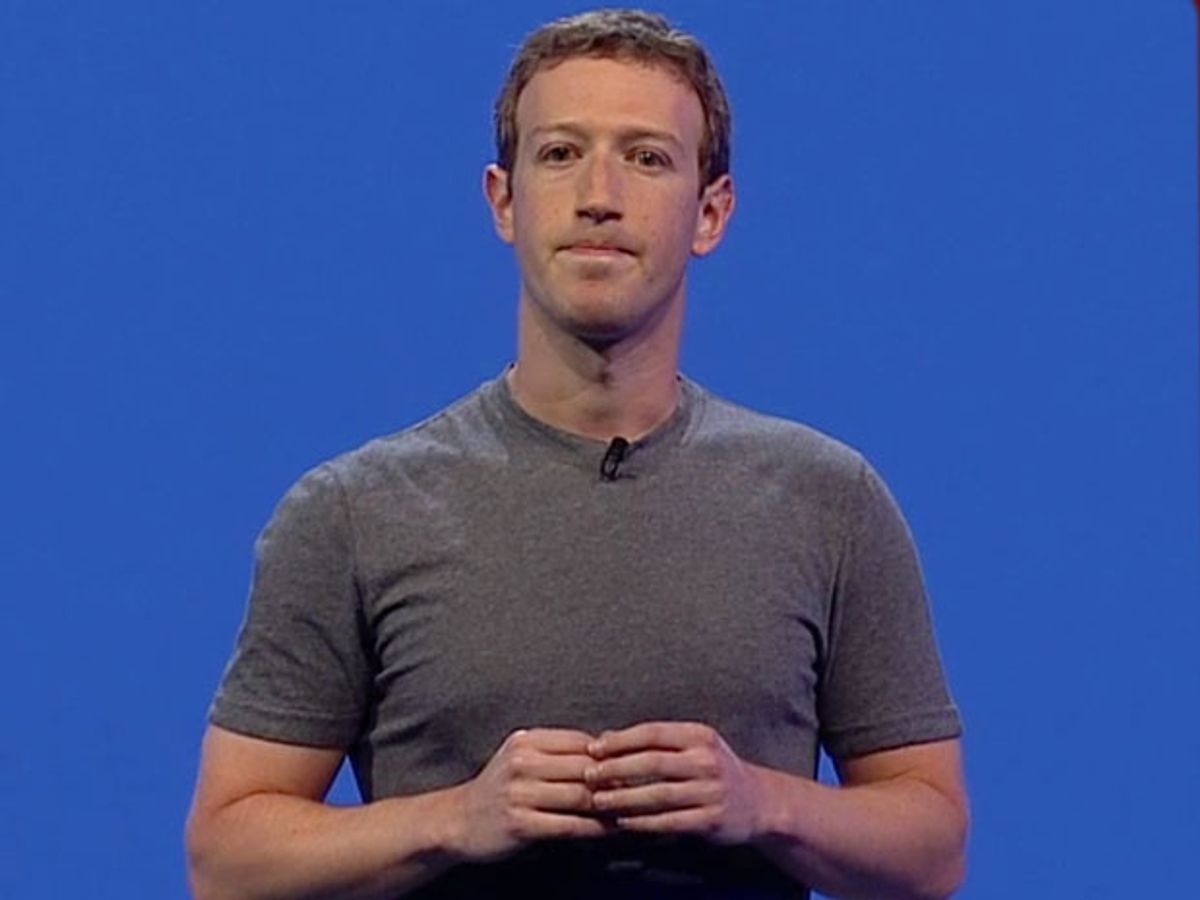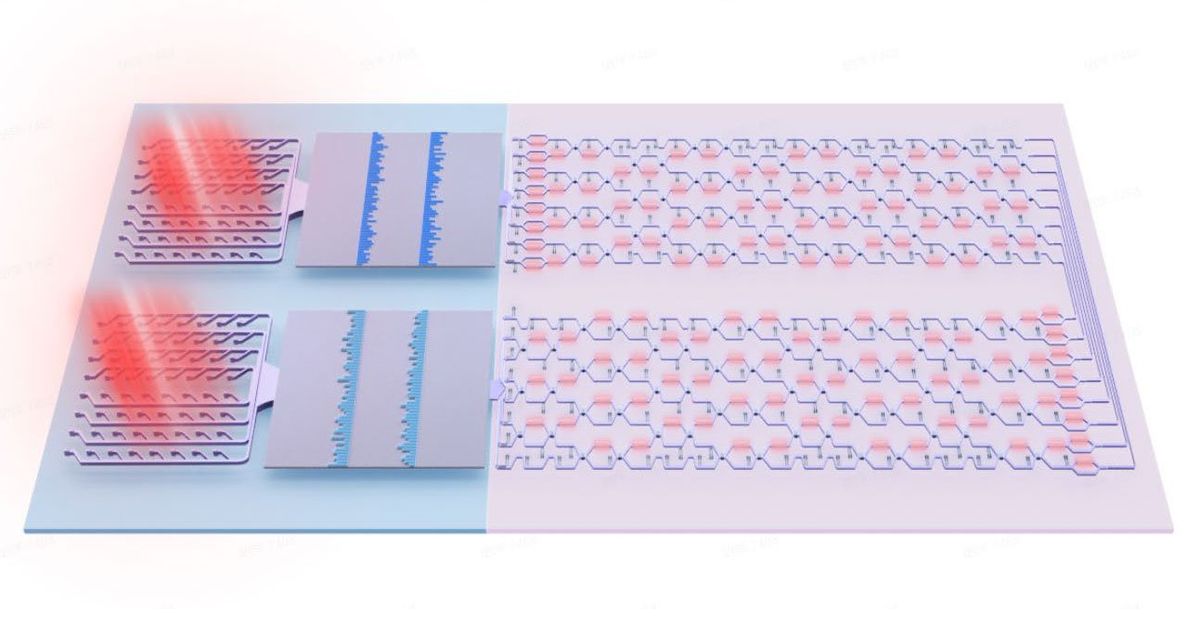“As I travel the world I see people turning inward, away from the global community,” says Facebook founder and CEO Mark Zuckerberg. “People are talking about building walls, blocking immigration, and in some places, blocking access to the Internet.”
That, Zuckerberg said, as he opened Facebook’s annual F8 developer conference, held this week in San Francisco, is not the Facebook way. His proposed solution:
“If the world starts turning inwards, our community will have to work harder to bring people together...You have to be optimistic to change the word. People will call you naïve...[but the path forward is] to bring people together, not push them apart.”
“We are one global community,” including, he said, “that young boy in Syria who is doing the best he can with the cards he has been dealt.”

After painting this dark picture of the current world mood, Zuckerberg then rapidly reviewed Facebook’s plans for the next 10 years. Generally, Zuckerberg said, the goal is to “build the technology to give everyone in the world the ability to share anything they want with anyone”—one-to-one, in small groups, in large groups, or publicly. New tools coming out in the near term include Messenger for businesses (so the next time I want to unload on a certain dishwasher manufacturer I will turn to Messenger instead of Twitter and email), and the ability for app developers to incorporate Facebook’s live-streaming video capability (so the drone hovering over your backyard barbecue can stream that view of your burgers burning directly to all your friends).
In the 10-year timeframe, Zuckerberg said the company will be pushing to build: better systems for connectivity in order to give the 4 billion people in the world who aren’t currently online access to the Internet; artificial intelligence, to build systems that are better than people at perception; and virtual and augmented reality.
Facebook has been going to extremes to solve the connectivity problem; the company’s solar-powered airplane, the Aquila, he said, can “beam down Internet” for months before it has to land. “If you told me 10 years ago that Facebook would build a plane, I would have told you that you were crazy,” he said. The company will launch its first satellite, providing Internet coverage for sub-Saharan Africa, in a few months, he said. And tomorrow, the company plans to announce a product that will improve connectivity in urban areas.
To move artificial intelligence forward using more than its own steam, Facebook has opened designs for the servers that it uses to train its neural networks, he reminded the group.
And for virtual reality, of course, the company recently started shipping the Oculus Rift VR system. But that, Zuckerberg said, is only the very beginning. “In the next 10 years, we will have normal looking glasses that do both augmented and virtual reality. If I want to show my friends a photo today, I pull out my phone. In the future, you’ll be able to snap your fingers and be able to show it to people through AR glasses.”
Eventually, he said, TVs won’t exist; television will just be another $1 app (viewed through AR glasses).
Zuckerberg concluded his opening address by going Oprah on the crowd, telling them that everyone in the audience would receive a Gear VR headset and a Samsung phone to power it. But he reminded them, once the cheering stopped, that part of the reason to work to connect everyone is to solve the world’s problems. Perhaps the world’s problems will look less intimidating through the lens of a VR headset.
Tekla S. Perry is a senior editor at IEEE Spectrum. Based in Palo Alto, Calif., she's been covering the people, companies, and technology that make Silicon Valley a special place for more than 40 years. An IEEE member, she holds a bachelor's degree in journalism from Michigan State University.



